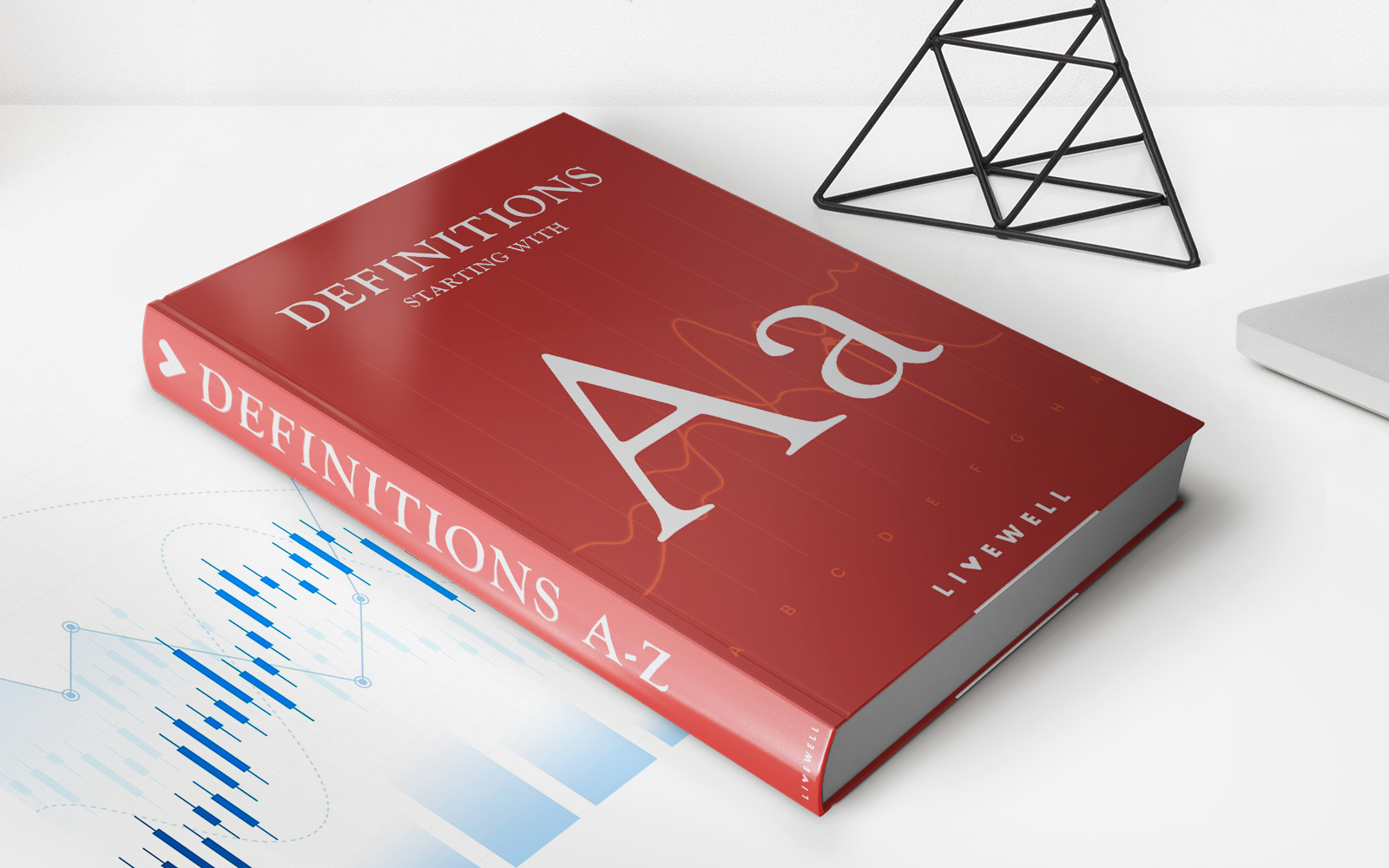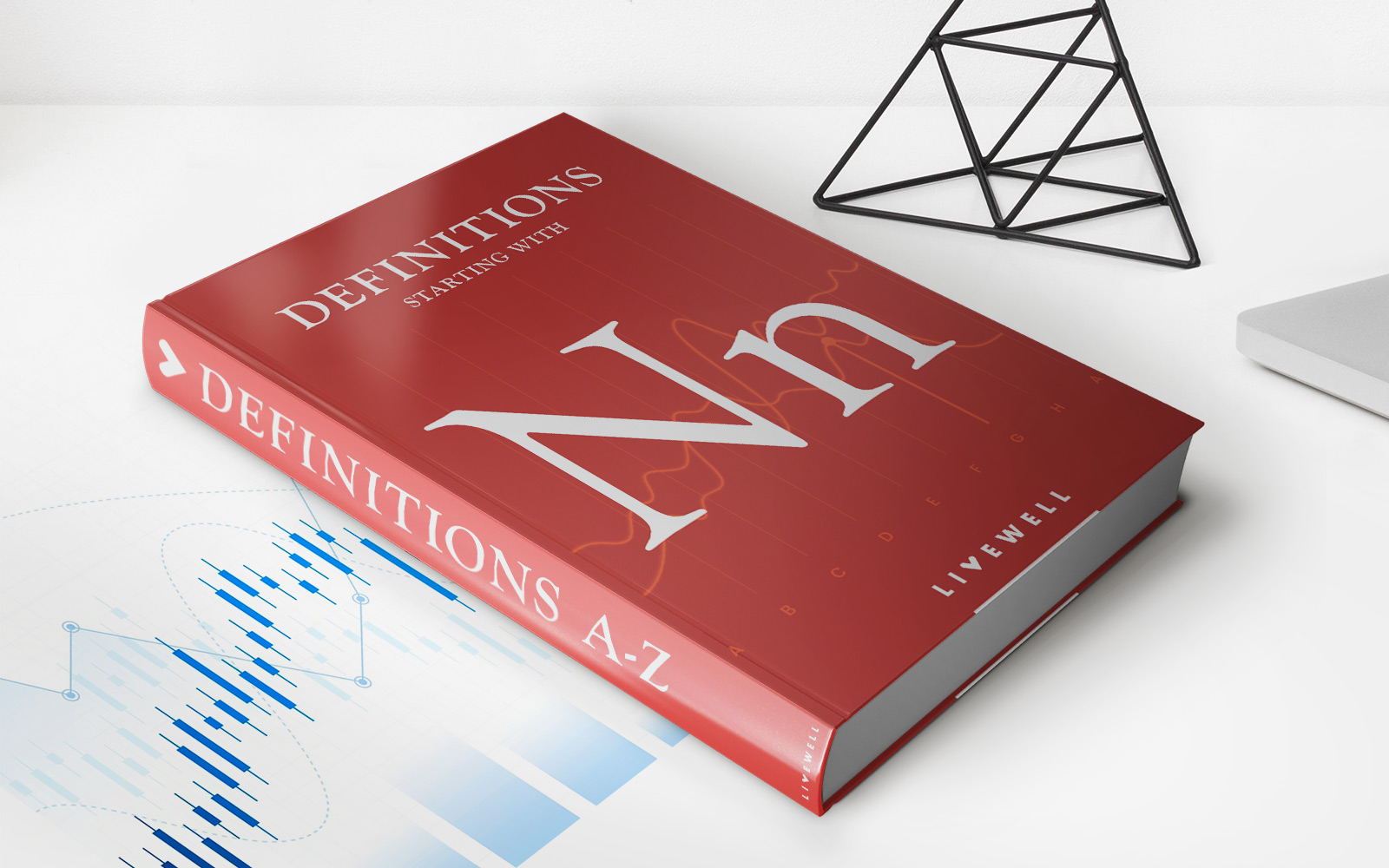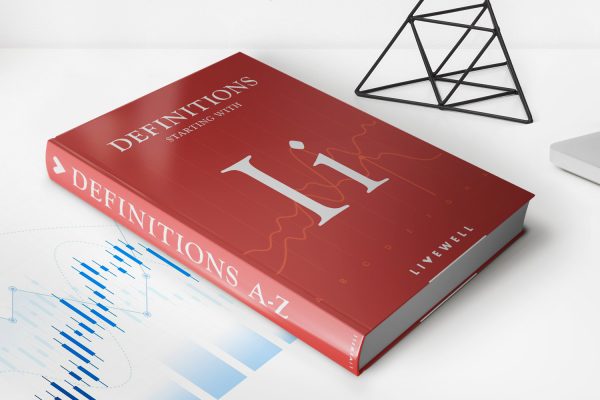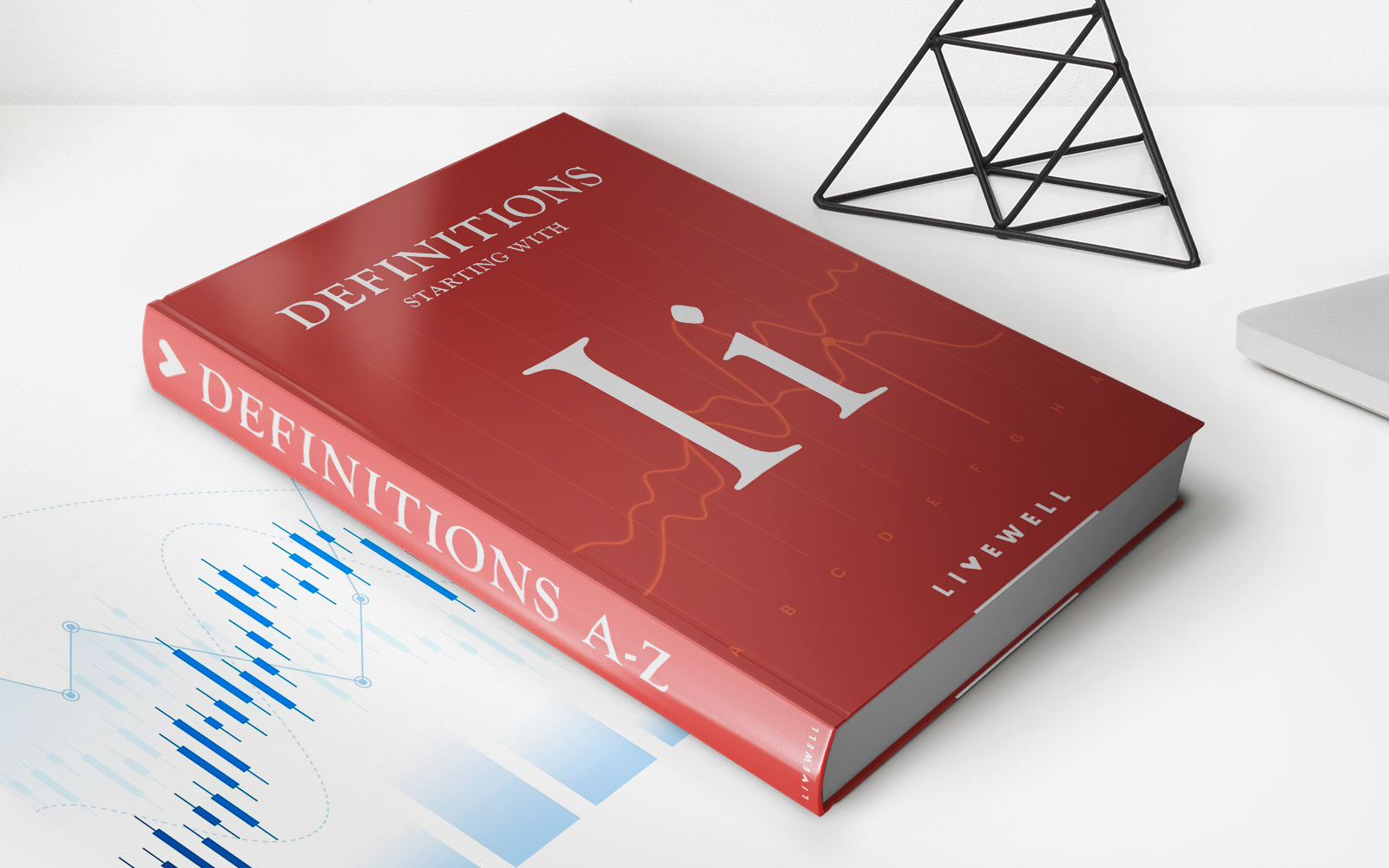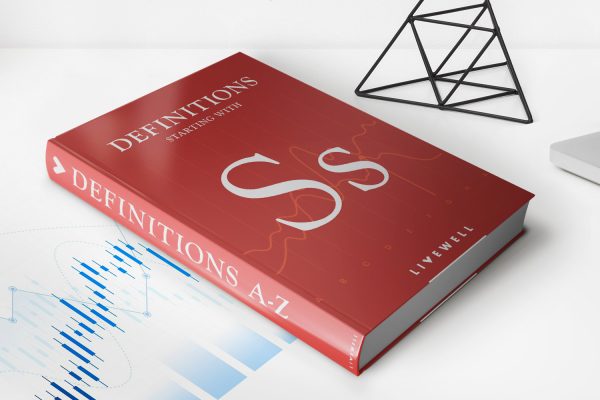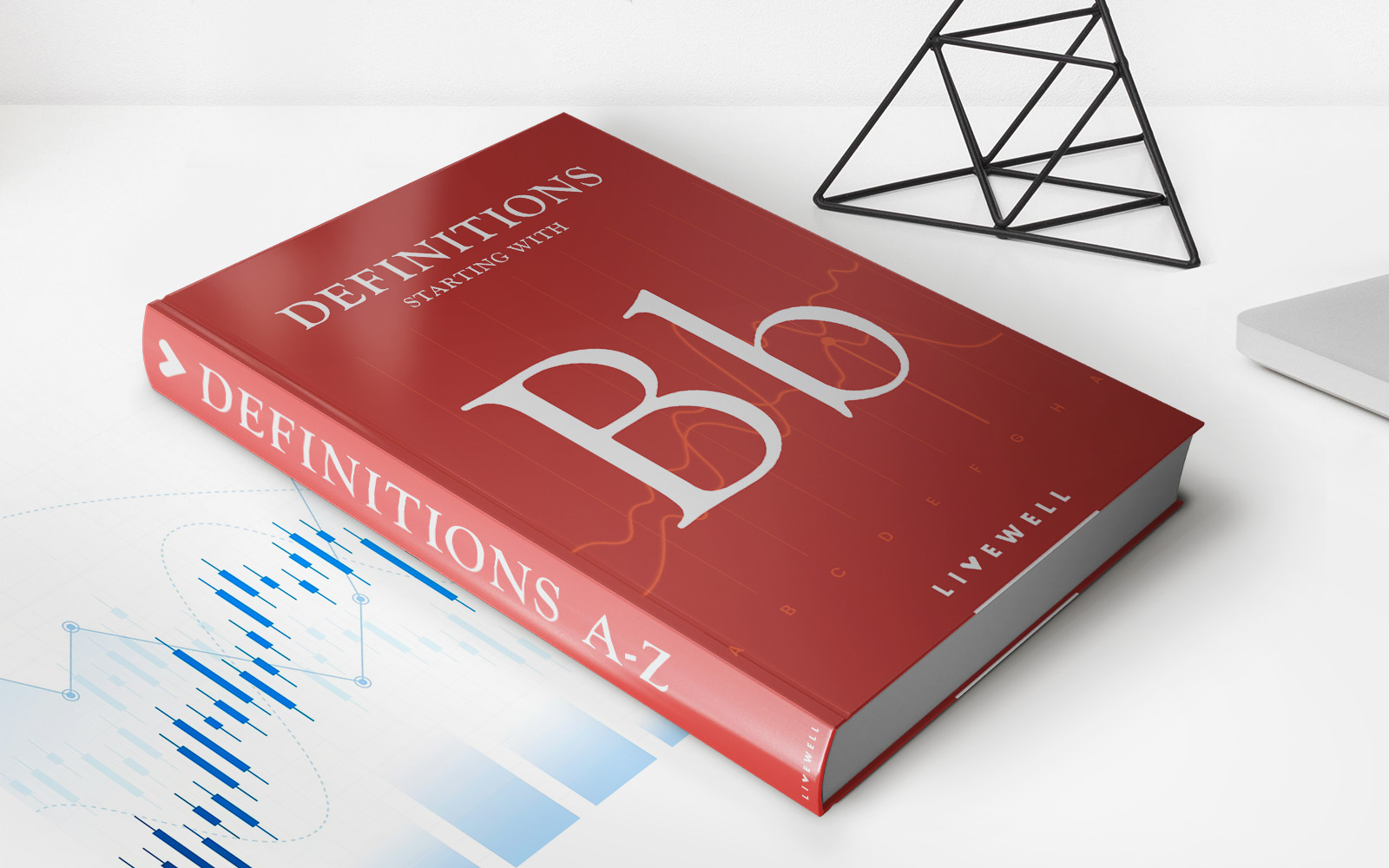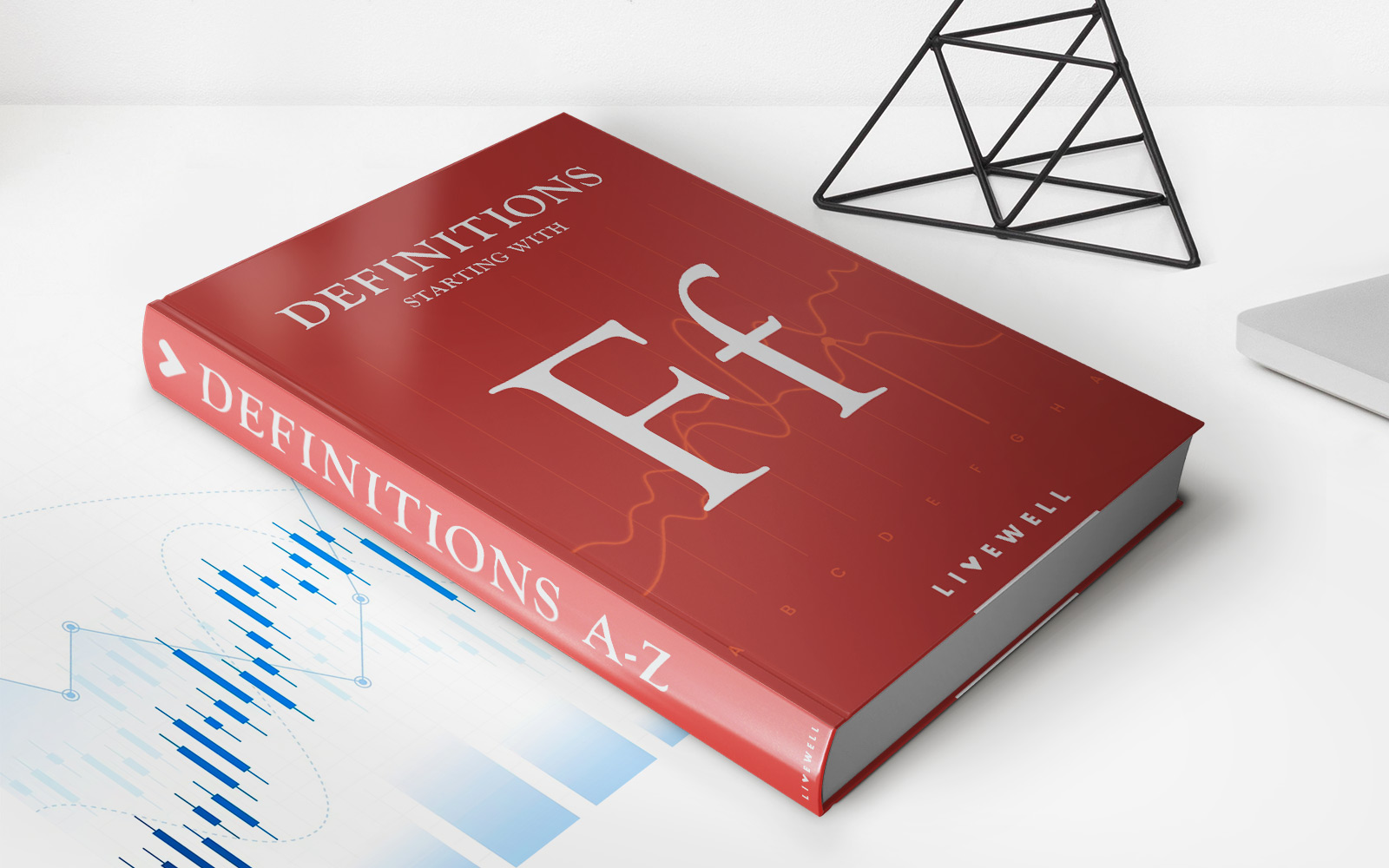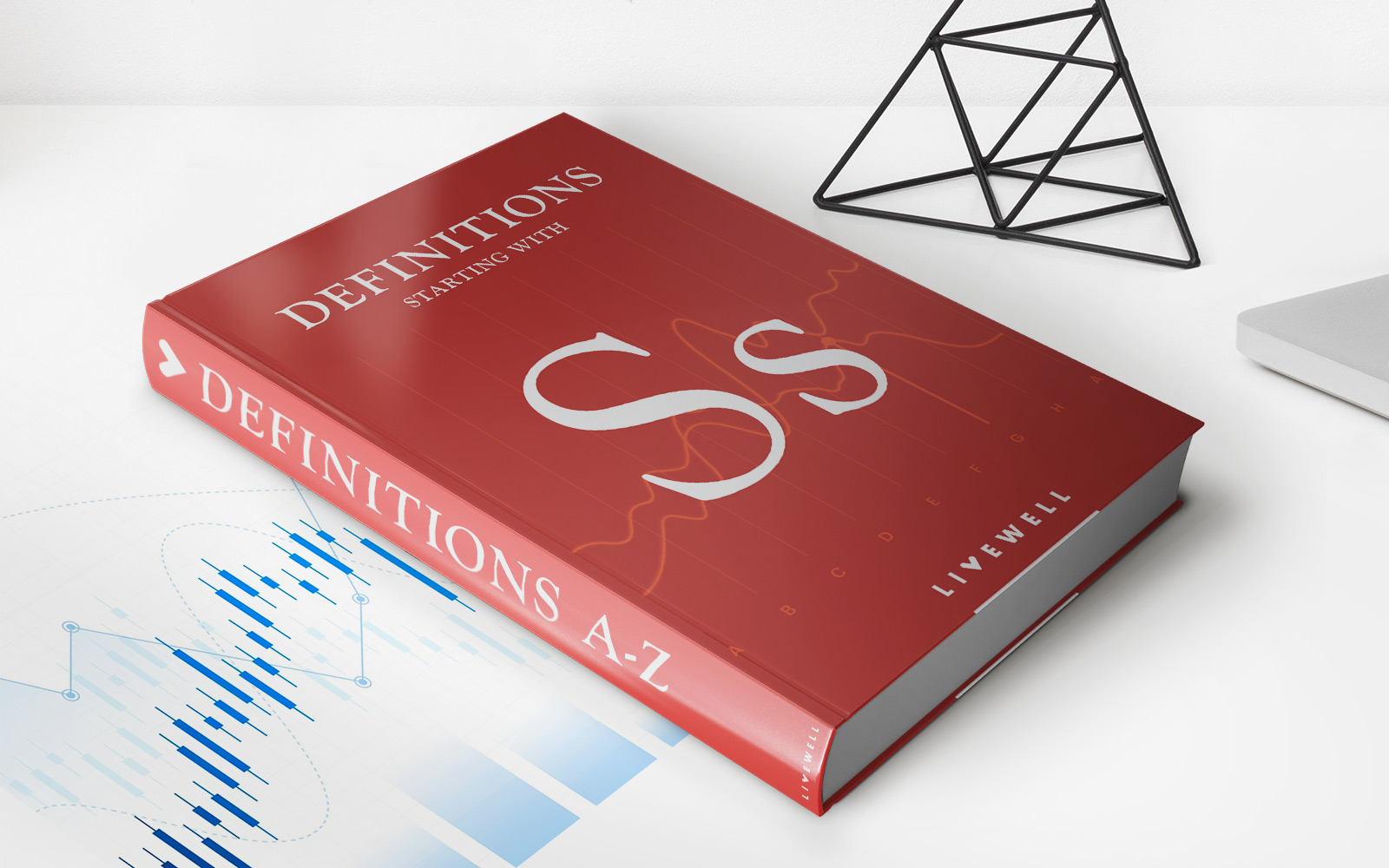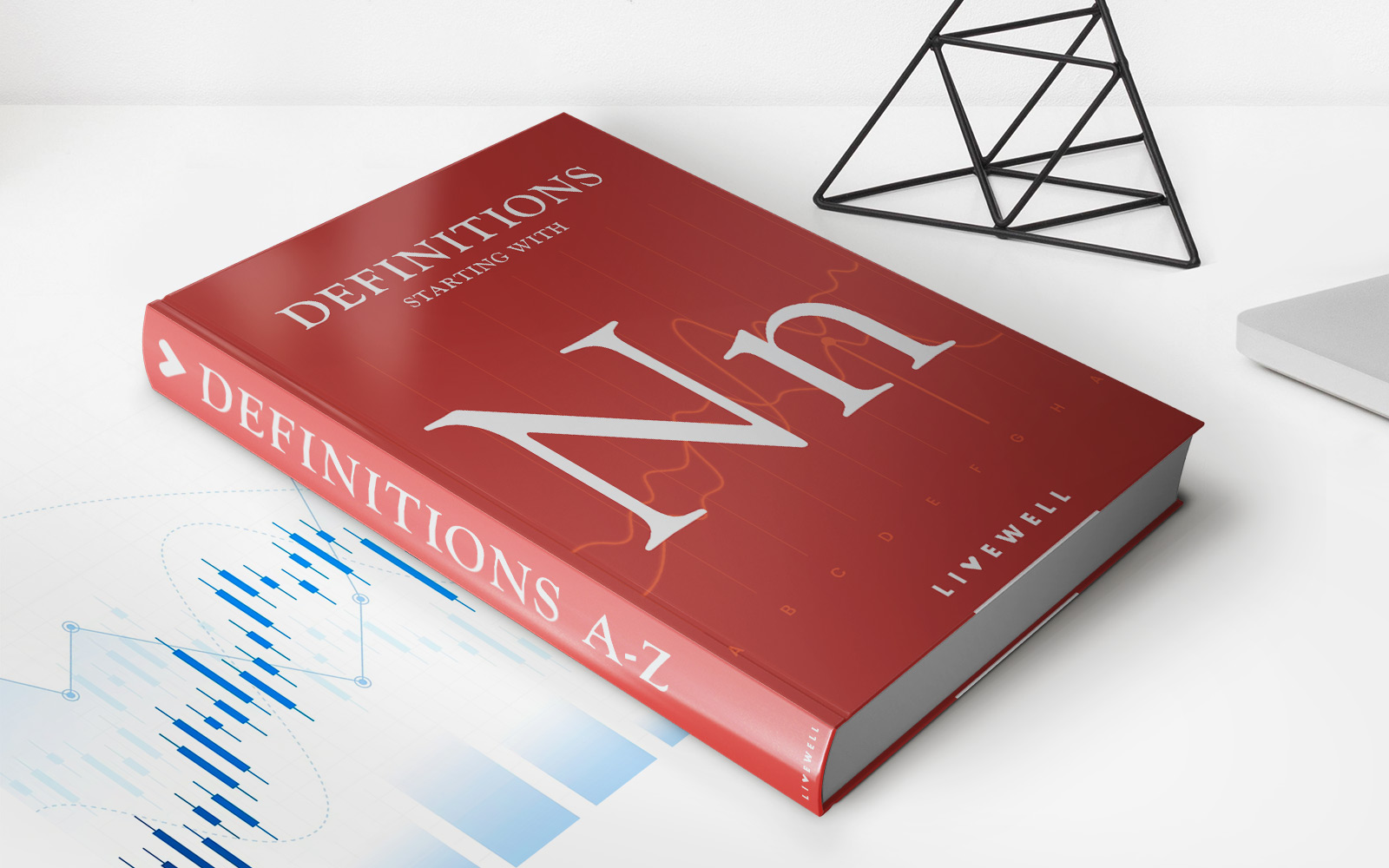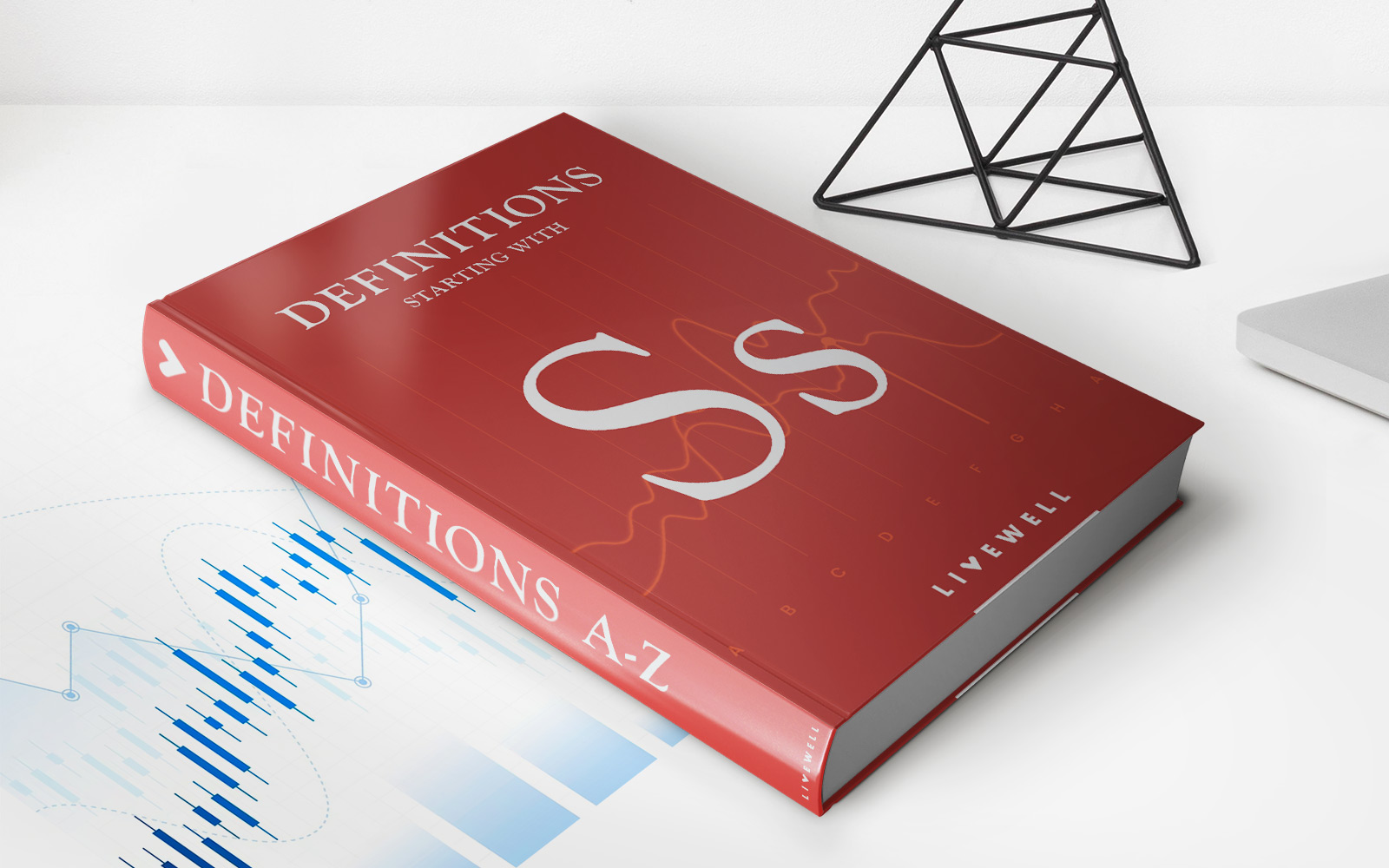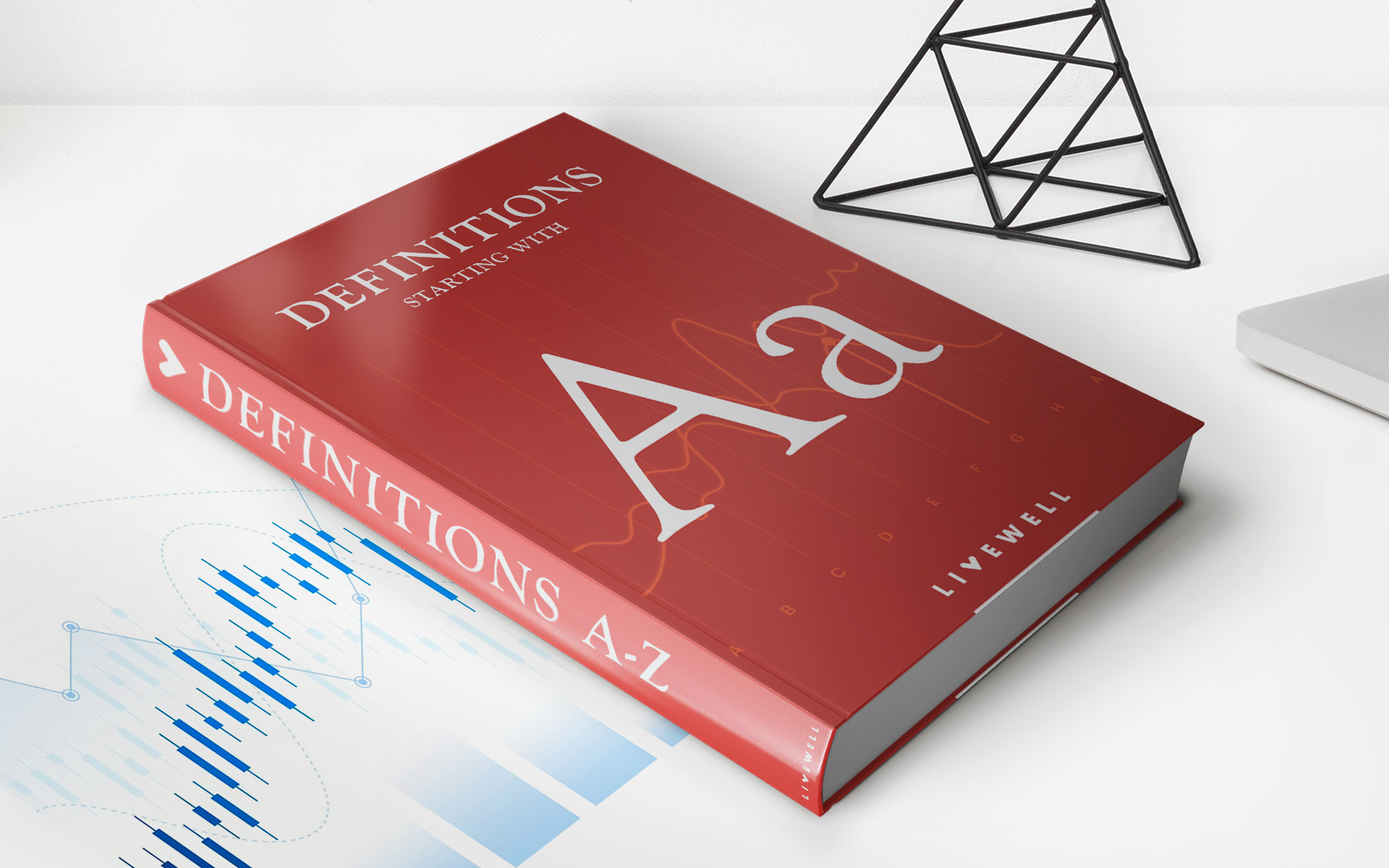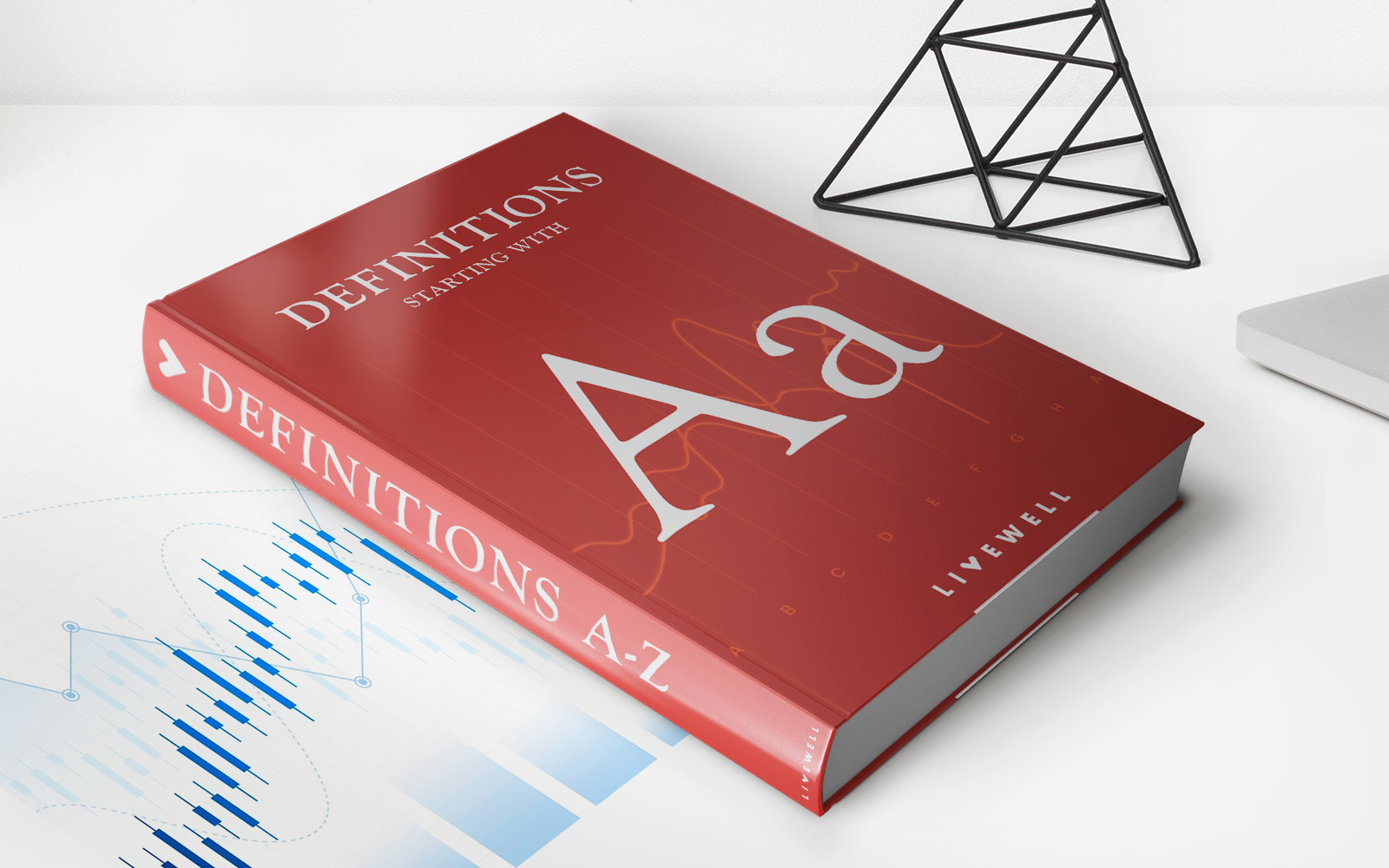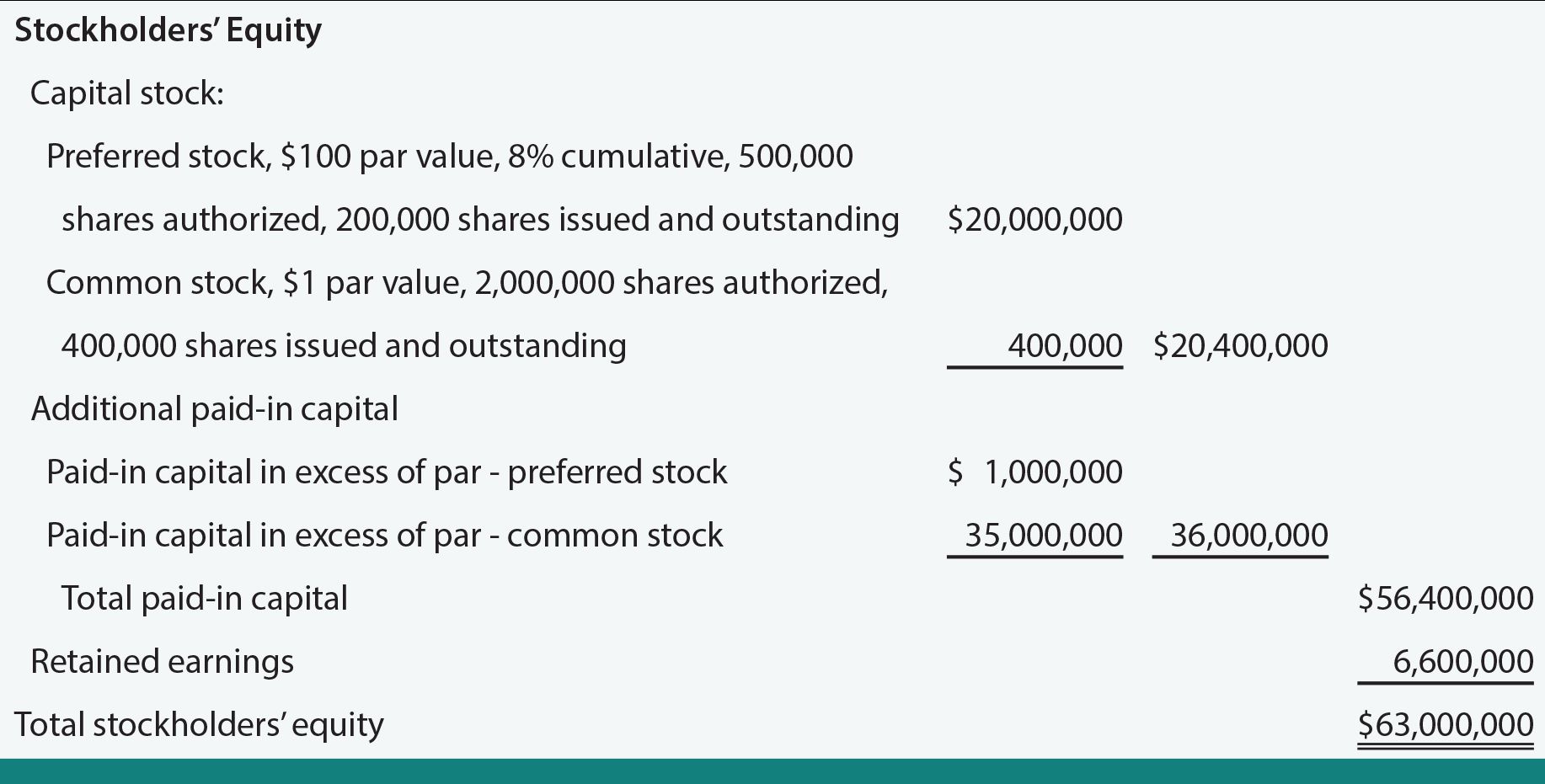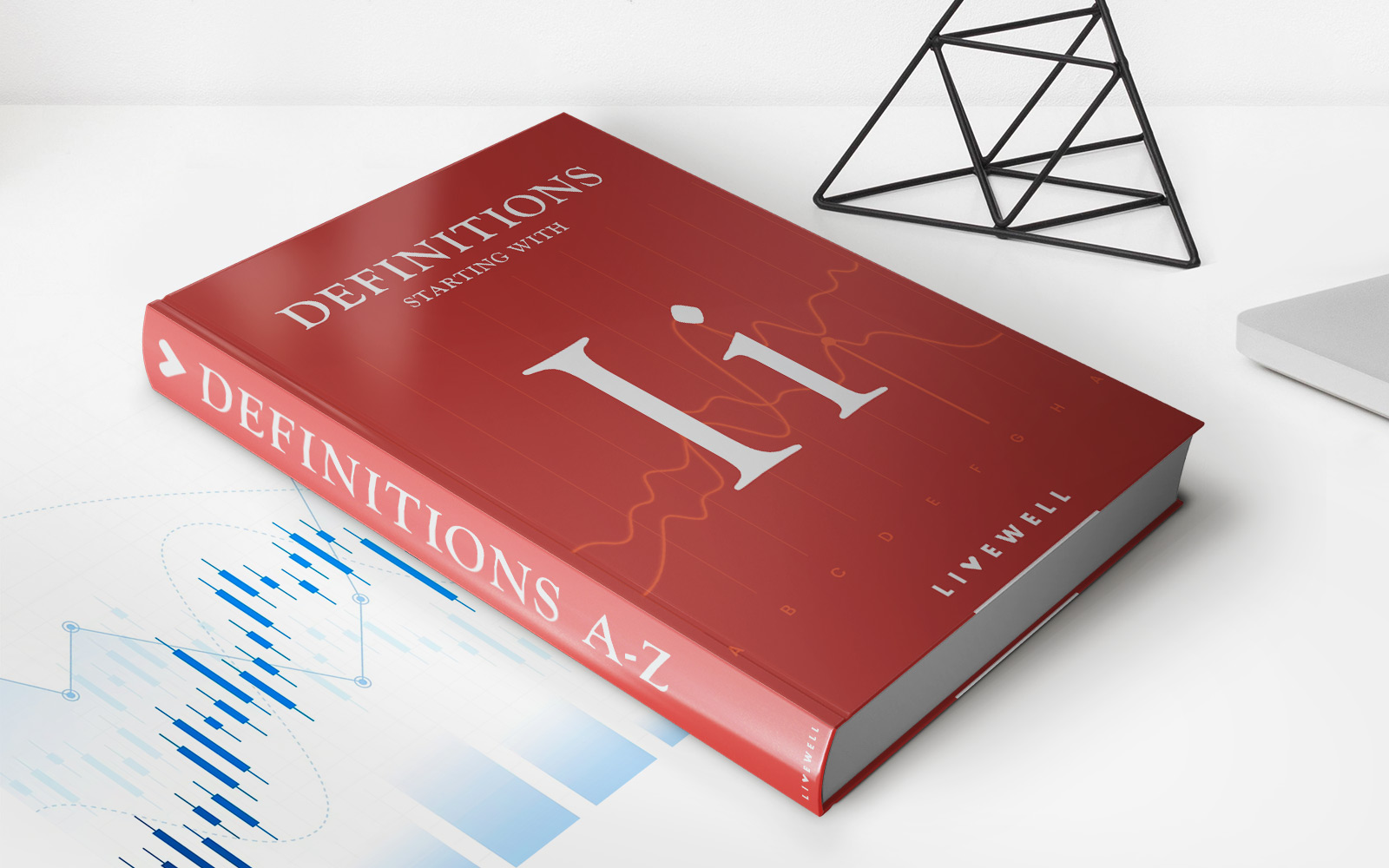

Finance
Interdealer Quotation System (IQS) Definition
Published: December 10, 2023
Discover the meaning of Interdealer Quotation System (IQS) in the world of finance and how it impacts financial markets. Learn more about IQS and its significance.
(Many of the links in this article redirect to a specific reviewed product. Your purchase of these products through affiliate links helps to generate commission for LiveWell, at no extra cost. Learn more)
The Interdealer Quotation System (IQS) Definition: Understanding the Financial Market Infrastructure
Welcome to our finance blog category! Today, we’re going to delve into a topic called the Interdealer Quotation System (IQS). If you’ve ever wondered how the financial market infrastructure operates and how prices are determined, you’re in the right place. In this blog post, we’ll demystify the IQS and provide you with a comprehensive understanding of its definition and significance in the world of finance.
Key Takeaways:
- The Interdealer Quotation System (IQS) is an electronic platform that facilitates the quoting and trading of financial instruments between authorized dealers.
- IQS provides real-time pricing data for various financial instruments, allowing market participants to make informed trading decisions.
What is the Interdealer Quotation System (IQS)?
The Interdealer Quotation System (IQS) is a financial market infrastructure that acts as an electronic network, connecting authorized dealers to enable seamless quoting and trading of financial instruments. It serves as a vital platform in the global financial system, allowing market participants to access real-time trading data and execute transactions efficiently.
How does the IQS work?
The IQS operates in a simple yet powerful manner. Authorized dealers, such as banks and financial institutions, connect to the system and submit their quotations for various financial instruments. These instruments can include bonds, stocks, derivatives, and other products traded in the financial market.
Once the dealer submits a quote, it becomes visible to other authorized participants who are also connected to the IQS. This enables them to view and assess the current market prices for the financial instruments they are interested in. By leveraging these real-time quotations, market participants can make informed decisions regarding buying or selling assets.
Why is the IQS important?
The IQS is of utmost importance in the financial market infrastructure. It provides transparency, efficiency, and liquidity to the market, benefiting both dealers and investors. Here are a few key reasons why the IQS holds significance:
- Price discovery: The IQS facilitates price discovery by aggregating and disseminating real-time pricing data for various financial instruments. This enables market participants to easily determine the prevailing market prices and make well-informed trading decisions.
- Liquidity: By connecting authorized dealers, the IQS enhances the liquidity of financial markets. It allows for efficient trading and ensures that buyers and sellers can find counterparties for their transactions easily.
In conclusion, the Interdealer Quotation System (IQS) is an essential component of the financial market infrastructure. It provides a centralized platform for authorized dealers to quote and trade financial instruments, offering transparency, liquidity, and efficiency to the market. By understanding the definition and functionality of the IQS, market participants can navigate the financial markets more confidently, making informed decisions based on real-time pricing data.
